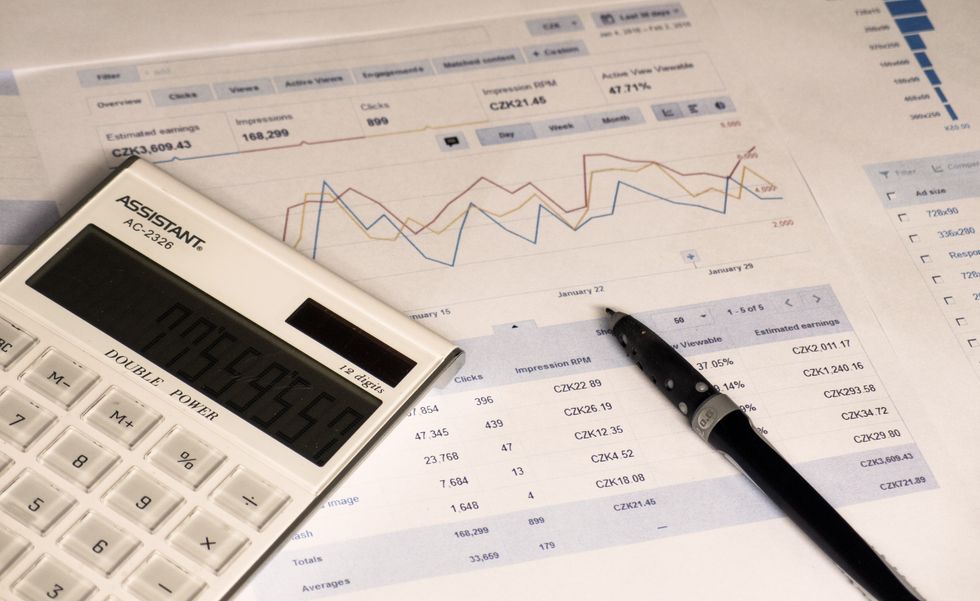Due to growth in the eurozone economy, the economy is slowing down. Due to this, it hard for the European Central Bank’s deliberations to decide how quickly to remove its stimulus measures and start to raise interest rates. Although the $10 trillion eurozone economy entered 2018 on a good start (growth outpacing the U.S.), a domino effect of economic releases during the past few weeks have been weaker than expected. This suggests that although there will be a continue of growth in 2018, it won't be as strong. The latest, weakness came from Germany, (“europe’s exporting powerhouse”.) Figures released by the country’s economics ministry said “a 1.6% drop in industrial output in February compared with January”(Hannon, Paul, and Tom Fairless). This is significant because the businesses in Europe are having shortages of some inputs and workers that only have skills to certain things. This means the eurozone economy will not be able to grow this fast for much longer. This also means that the U.S. and across the world trade flows will not be as good (due to the fact that in investment spending is the key to advance the trade flows.) Moreover, this is not in the interest of the U.S. or globally. According according to Mr. Draghi, (economist), there are “several risks to the region’s economy that could further soften inflation, including a possible global trade war, and a stronger euro exchange rate.” Therefore, not only is this an issue for the U.S, but an issue worldwide.
PoliticsMay 01, 2018
Europe’s Growing Economy May NOT Be A Good Sign
It's not in the interest of the U.S. or the rest of the globe.
73








































